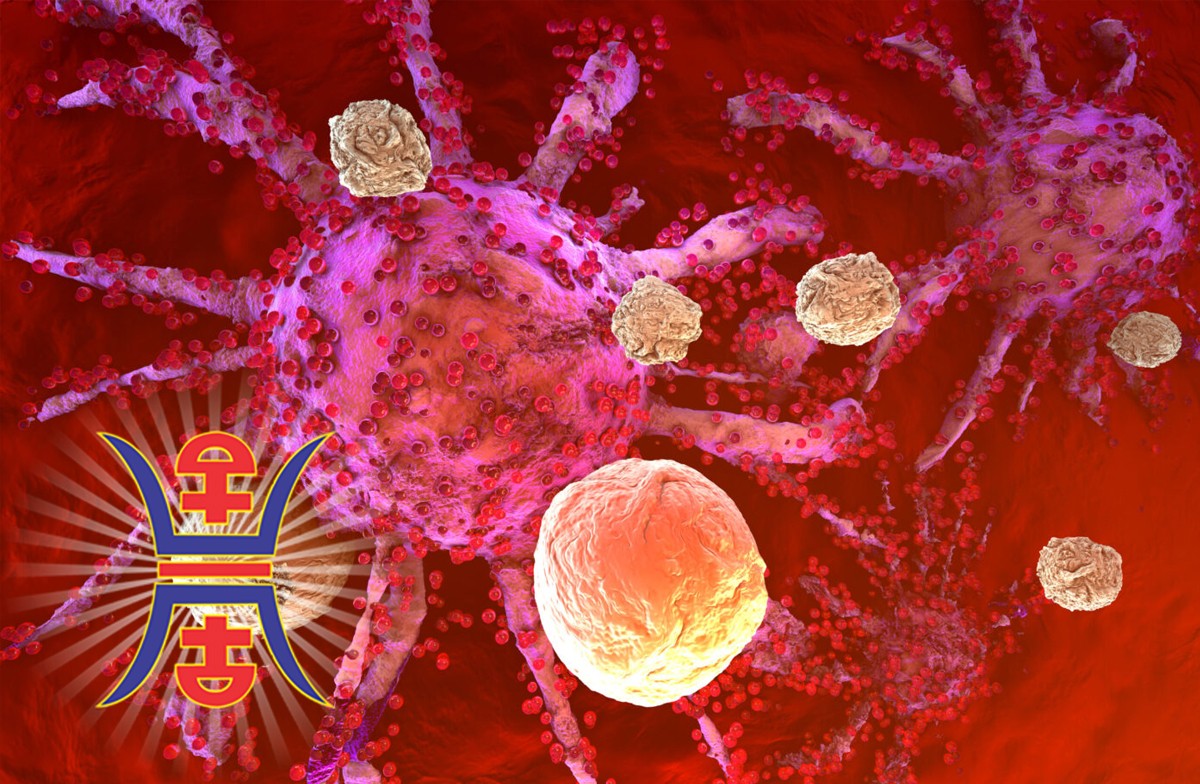Acute Granulocytic Leukemia
Acute granulocytic leukemia, also known as acute myeloid leukemia (AML), is a type of cancer that affects the bone marrow and blood cells. In AML, abnormal myeloid cells, which are a type of white blood cell that helps fight infection, multiply rapidly and do not mature properly, leading to a buildup of immature cells in the bone marrow and blood.
AML can cause a range of symptoms, including fatigue, weakness, fever, and infections. Other symptoms may include bruising, bleeding, shortness of breath, and pain or swelling in the bones or joints.
AML is typically diagnosed through a combination of blood tests, bone marrow biopsy, and imaging studies. Treatment for AML usually involves chemotherapy, which aims to kill the cancer cells and allow normal blood cells to be produced. In some cases, a stem cell transplant may be recommended.
The prognosis for AML depends on several factors, including the age of the patient, the subtype of AML, and the presence of certain genetic mutations. With appropriate treatment, many people with AML can achieve remission and live for several years, although the disease can be difficult to cure in some cases.
In natural health, acute granulocytic leukemia may be classified as a type of blood stasis or phlegm syndrome, which can be caused by a combination of factors such as emotional stress, a sedentary lifestyle, poor diet, and environmental toxins.
According to natural health theory, blood stasis can cause blockages in the flow of qi (vital energy) and blood, leading to a buildup of toxins and metabolic waste in the body. Phlegm syndrome, on the other hand, refers to the accumulation of dampness and mucus in the body, which can impair organ function and contribute to the development of disease.
Natural health treatment for acute granulocytic leukemia may involve a combination of acupuncture, herbal medicine, and dietary therapy. Acupuncture may be used to stimulate circulation and promote the flow of qi and blood, while herbal formulas may be prescribed to tonify the blood, remove toxins, and promote the regeneration of healthy cells. Dietary therapy may focus on reducing dampness and phlegm-forming foods, such as dairy, greasy or fried foods, and processed foods, and increasing the intake of nourishing foods such as whole grains, vegetables, and lean protein.
Foods & drinks could help:
- Green leafy vegetables: Kale, spinach, and other green leafy vegetables are rich in vitamins and minerals, including folate, which can support immune function and help produce healthy blood cells.
- Berries: Berries such as blueberries, strawberries, and raspberries are high in antioxidants, which can help protect cells from damage and support immune function.
- Citrus fruits: Citrus fruits, such as oranges and grapefruits, are high in vitamin C, which can help support immune function and may reduce inflammation.
- Lean protein: Lean sources of protein, such as fish, poultry, and legumes, can help support muscle maintenance and repair.
- Whole grains: Whole grains, such as brown rice, quinoa, and whole wheat, are rich in fiber and nutrients, which can help support overall health.
- Water: Staying hydrated is important for overall health, especially during cancer treatment. Drinking plenty of water and other fluids can help support kidney function and prevent dehydration.
- Herbal teas: Some herbal teas, such as ginger tea, may help reduce nausea and vomiting associated with chemotherapy.
In Person With Heshoutang Members
With Heshoutang Online Members
Fill Out the Questionnaire by yourself
When you subscribe to the blog, we will send you an e-mail when there are new updates on the site so you wouldn't miss them.














Comments